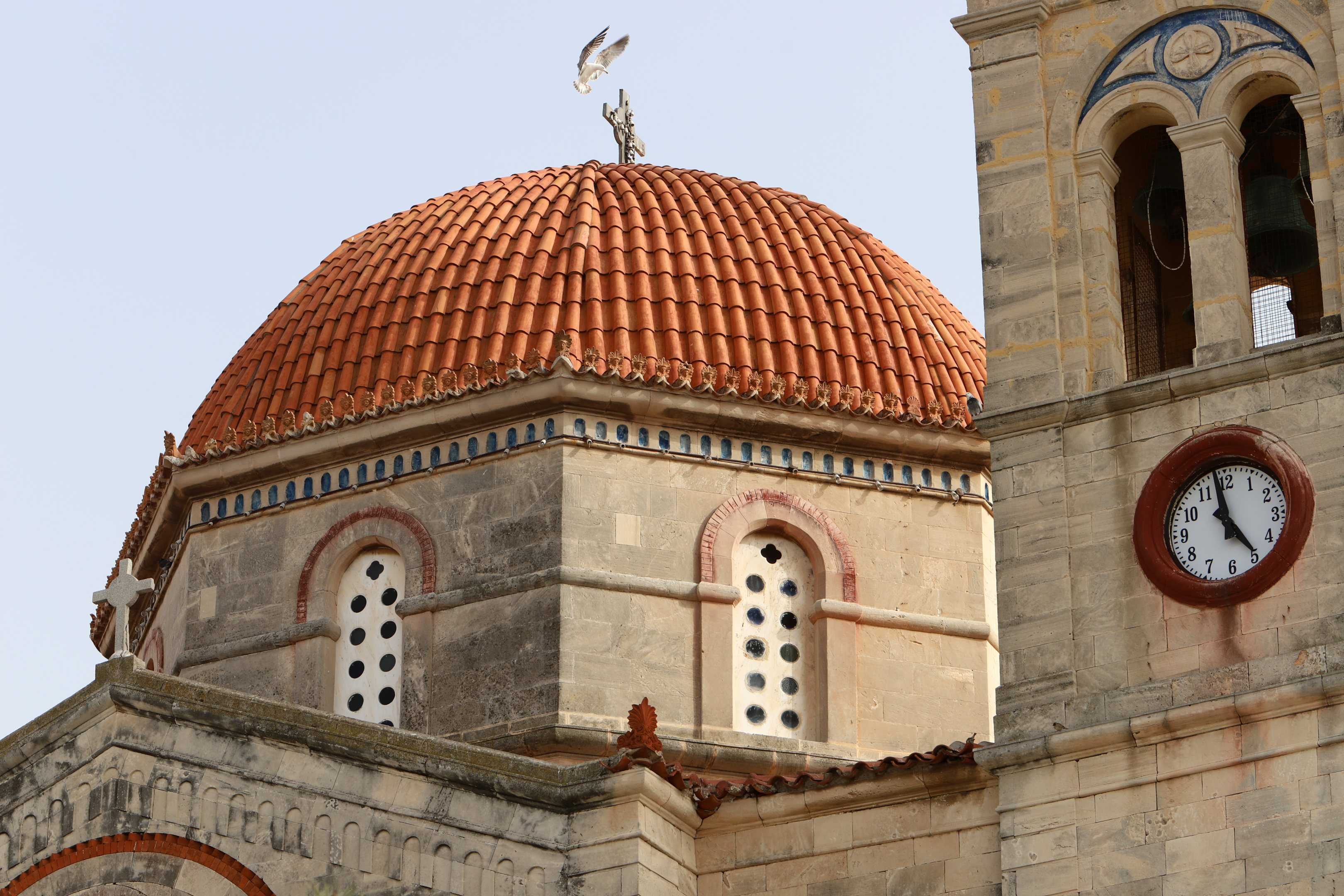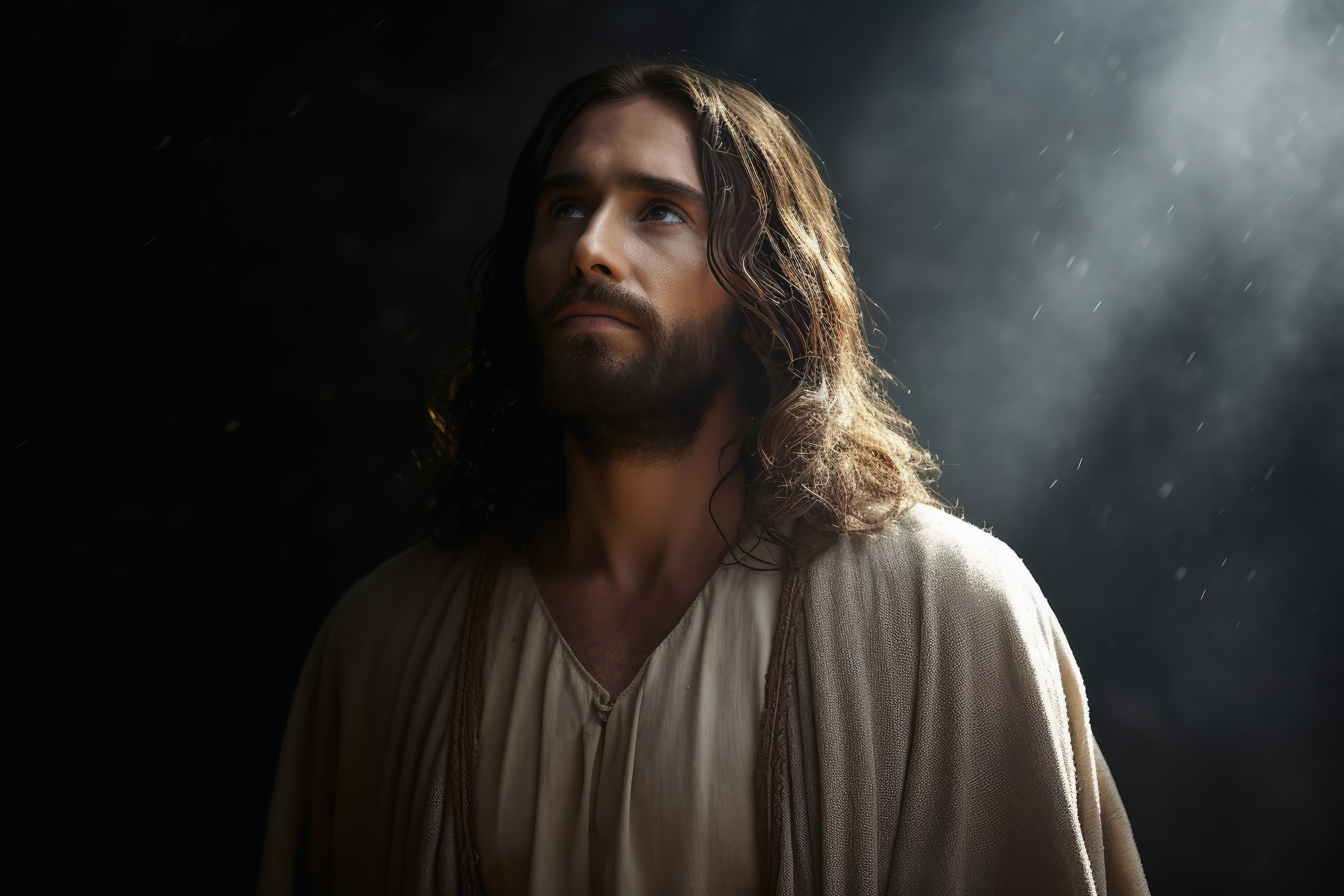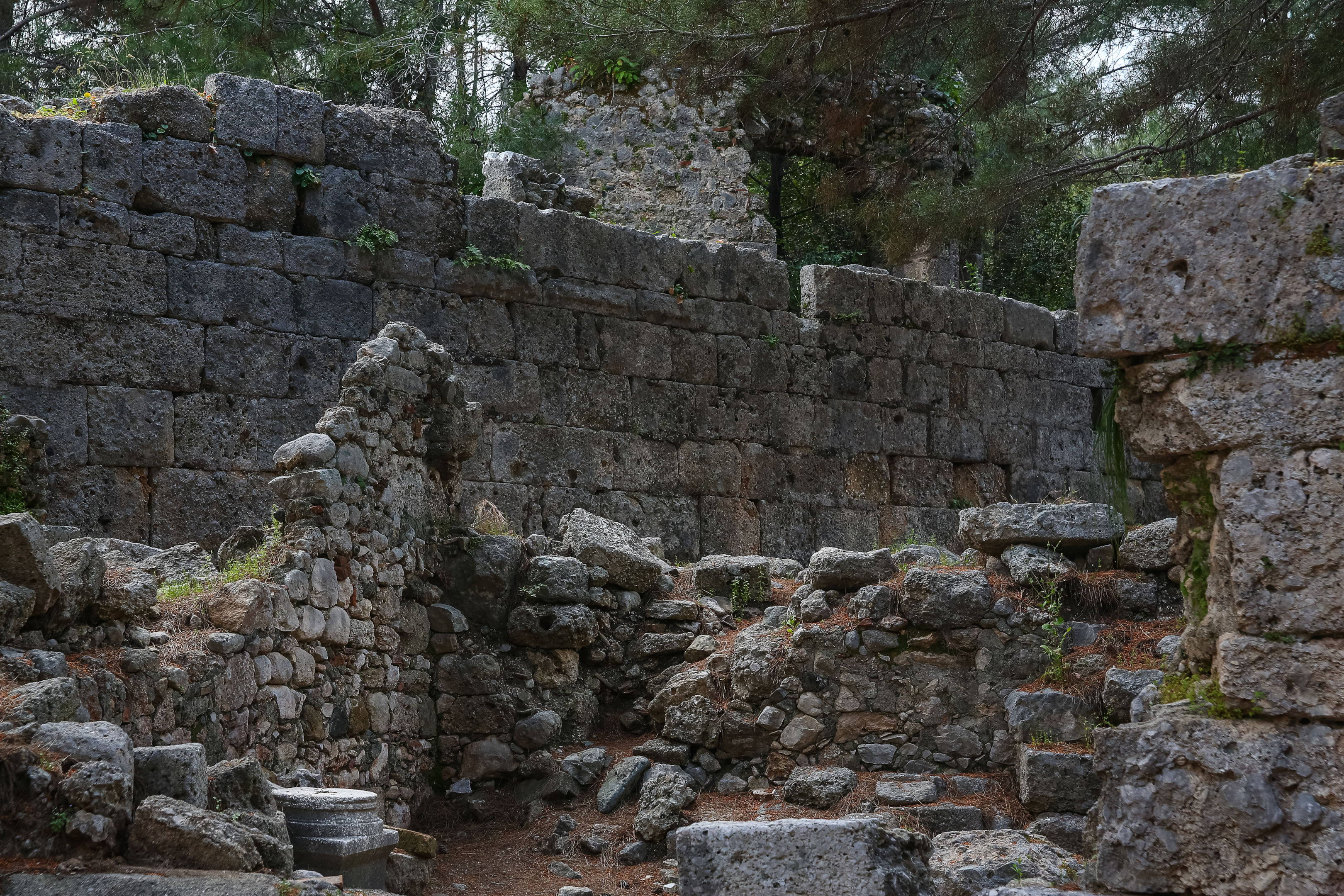Exploring Jesus Synagogue: Understanding His Role and Influence

Exploring Jesus Synagogue: Understanding His Role and Influence
Have you ever wondered about the role of synagogues in Jesus’ ministry and how they influenced the development of early Christianity? Synagogues, or Jesus’ synagogue experiences, are often overshadowed by the grandeur of temples and churches in religious history. Yet, they played a pivotal role in Jesus’ life, providing a platform for him to teach, perform miracles, and confront religious authorities. As we delve into Jesus’ time spent in various synagogues, expect to uncover a fresh perspective on his teachings and their profound impact on the foundations of Christianity.
Key Takeaways
-
Jesus’ ministry in the Capernaum Synagogue enabled him to spread his message and perform miracles.
-
His teachings focused on love, mercy, justice and challenged traditional religious authority.
-
Jesus’ synagogue teachings impacted early Christianity by inspiring disciples and followers while challenging existing power structures.
Jesus in the Capernaum Synagogue

Located near the Sea of Galilee, the ancient Capernaum synagogue was a significant venue for Jesus’ ministry. Here, in this bustling city, he gave compelling sermons, carried out astonishing miracles, and showcased his power through exorcisms.
After leaving Nazareth, Jesus began his ministry in the Capernaum Synagogue, a pivotal location in his life. His time in Capernaum enabled him to reach a diverse populace and disseminate his message more broadly.
Sermons and Teachings
Jesus’ sermons and teachings in the Capernaum synagogue were centered on the Kingdom of God, the significance of faith, and the necessity of repentance. He preached the gospel to the less fortunate, including those who were spiritually impoverished and emotionally distressed. In one particular sermon, Jesus read from the sacred scripture, specifically Isaiah 61, and boldly declared that the scripture had been fulfilled in their hearing. This moment marked the beginning of his public ministry and set the stage for his subsequent teachings.
Jesus’ teachings in the Capernaum synagogue offered spiritual enlightenment, transforming the lives of listeners and inspiring them to walk the path Jesus taught. These lessons, brimming with the core Christian values of love, mercy, and justice, continue to echo with believers today.
Miracles Performed
The Capernaum synagogue was also the stage for numerous miracles Jesus performed. As word of his teachings spread, people flocked to witness his extraordinary acts of healing and compassion. Among these miracles, Jesus healed the daughter of Jairus from the state of death and a Roman officer’s servant of palsy. These miraculous events not only demonstrated Jesus’ power and authority, but also reinforced his message of love and mercy.
Such miracles deeply affected Jesus’ followers, fostering trust in his teachings and devotion to his cause. The miracles also posed a threat to traditional religious authority, as Jesus was able to perform feats that no one else could, thus challenging the existing power structures and inspiring a new religious movement.
Exorcisms and Demonstration of Power
In addition to his sermons and miracles, Jesus demonstrated his power and authority by performing exorcisms in the Capernaum synagogue. One such exorcism involved successfully expelling a demon from a man who was possessed. This act of spiritual warfare not only showcased Jesus’ supremacy over evil forces, but also served as a testament to his divine mission as the Messiah.
The people in the Capernaum Synagogue were astounded by Jesus’ power and authority, as evidenced by the profound impact of his exorcisms, which some referred to as the Jesus cast. These acts of spiritual deliverance further solidified Jesus’ status as a powerful and transformative figure in the lives of his followers and challenged the status quo in the religious landscape of his time.
The Significance of Synagogues in Jesus' Ministry

Synagogues, providing Jesus a platform to teach Jewish law, interact with the public, and challenge religious authorities, were integral to his ministry. As a great teacher, Jesus took advantage of the synagogues’ central role in Jewish life to spread his message and connect with his followers on a deeper level. His teachings, delivered within these sacred spaces, significantly shaped the beliefs and practices of burgeoning Christianity.
The significance of synagogues in Jesus’ ministry extended beyond the walls of the Capernaum synagogue. He visited and taught in various ancient synagogues, such as those in Nazareth and Jerusalem, which played a significant role in his ministry and the formation of early Christian beliefs. Through his teachings in these sacred spaces, Jesus influenced generations of believers and left an indelible mark on the development of Christianity.
Teaching Jewish Law
Jesus’ teachings in synagogues often revolved around Jewish law and its interpretation. In his Sermon on the Mount, he emphasized the importance of adhering to the commandments and leading a moral life. Jesus also delved into topics like Sabbath day observance, divorce, and the treatment of others. His teachings on the Mosaic Law highlighted the principles of love, mercy, and justice, encouraging his followers to live out these values in their daily lives.
Jesus Christ, through his teachings, championed a more merciful and forgiving interpretation of the law, over a strict adherence to its literal form. This approach to Jewish law, which Jesus referred to as a more compassionate understanding, challenged traditional religious authority and laid the foundation for the development of early Christian beliefs.
Engaging with the Community
Synagogues offered Jesus a valuable opportunity to engage with the community and disseminate his message among a diverse audience. As he taught in these sacred spaces, Jesus connected with people from all walks of life, offering guidance and instruction on various aspects of faith and spirituality. His teachings in synagogues not only resonated with his listeners but also inspired them to:
-
Share his message of love, compassion, and forgiveness with others
-
Seek a deeper understanding of their faith
-
Embrace a more inclusive and compassionate approach to religious practice
By teaching in synagogues, Jesus was able to reach a wide range of individuals and foster a sense of community and unity among his followers.
The impact of Jesus’ teachings in synagogues extended beyond the confines of these sacred spaces. As his disciples and followers carried his message throughout the region, they helped to establish the early Christian church and lay the groundwork for the growth of Christianity as a global religion.
Confronting Religious Authorities
Jesus frequently confronted religious authorities in synagogues, challenging their teachings and practices. He questioned their interpretation of scripture, disputed their authority, and advocated for a more merciful approach to religious practice.
These confrontations not only tested the power of traditional religious authority in the temple courts, but also inspired his followers to question and assess their own beliefs.
The impact of these confrontations on Christianity cannot be overstated. Jesus’ teachings and actions in synagogues helped to reshape the religious landscape of his time, challenging traditional power structures and paving the way for the emergence of a new religious movement. His confrontations with religious authorities continue to inspire believers today, serving as a reminder of the importance of questioning authority and seeking a deeper understanding of one’s faith.
The Ancient Synagogue: A Glimpse into the Past

The ancient Capernaum synagogue offers a fascinating glimpse into the past, showcasing its unique architectural characteristics, historical significance, and preservation efforts for tourism. As we explore the remnants of this sacred space, we can appreciate the integral role it played in Jesus’ life and ministry, as well as the lasting impact it has had on the development of Christianity throughout history.
Architectural Characteristics
Unique architectural elements of the ancient Capernaum synagogue offer insight into the building’s history and purpose. The walls of the synagogue, built with carefully hewn rectangular stones, still stand today, serving as a testament to the craftsmanship and skill of the builders. These architectural characteristics not only offer a fascinating glimpse into the past, but also serve as a reminder of the lasting impact that these sacred spaces have had on the development of Christianity.
As we explore the remains of the Capernaum synagogue, we can appreciate the intricate details and craftsmanship that went into its construction. These architectural features are a testament to the dedication and skill of the builders, who created a space that would be central to the life and ministry of Jesus.
Historical Significance
Occupying a special place in history, the Capernaum synagogue was a prominent location in both Jesus’ ministry and the New Testament. As one of the major trading villages in the Gennesaret area, Capernaum was a bustling and prosperous part of Palestine during Jesus’ time. It was in this ancient synagogue that Jesus delivered some of his most powerful teachings, performed awe-inspiring miracles, and demonstrated his power through exorcisms.
The historical significance of the Capernaum synagogue is not only limited to its role in Jesus’ ministry, but also extends to its importance in the larger context of Jewish religious life. As a hub for worship, education, and communal assembly, the synagogue played a vital role in preserving Jewish customs, scriptures, and cultural identity.
Preservation and Tourism
Efforts have been undertaken to preserve the ancient Capernaum synagogue as a historical site and tourist attraction. These efforts include:
-
Restoring the original structure
-
Safeguarding the artifacts found within
-
Providing visitors with the opportunity to explore the ruins of the synagogue and gain knowledge of its history and significance.
The Capernaum synagogue stands as a testament to the enduring impact of Jesus’ teachings and the importance of religious freedom. As visitors explore the site, they can appreciate the rich history and significance of this ancient synagogue and its role in shaping the foundations of Christianity.
Other Notable Synagogues in Jesus' Life

Besides the central role of the Capernaum synagogue in Jesus’ ministry, other notable synagogues in his life were located in Nazareth and Jerusalem. These sacred spaces also served as platforms for Jesus to teach, perform miracles, and confront religious authorities, thereby contributing further to the evolution of early Christian beliefs.
Nazareth Synagogue
The Nazareth synagogue, also known as the Synagogue Church, is believed to be the place where Jesus likely worshipped during his youth. Located in the center of Nazareth’s Old Market, this 12th-century Crusader structure holds great significance as it is believed to be the location where Jesus first revealed himself as the Messiah. It was in this sacred space that Jesus read from the prophet Isaiah and declared that the scripture had been fulfilled in their hearing, marking the beginning of his public ministry after Jesus left Nazareth.
As visitors explore the Nazareth synagogue, they can appreciate its historical and religious significance, as well as the role it played in Jesus’ life and the development of Christianity. The Synagogue Church serves as a reminder of Jesus’ humble beginnings and the transformative power of his teachings.
Jerusalem Synagogues
Jerusalem synagogues also played a role in Jesus’ life, as he visited the city multiple times and engaged with religious leaders there. It was in these sacred spaces that Jesus continued to teach, perform miracles, and confront religious authorities, further contributing to the growth of early Christianity.
The synagogues in Jerusalem hold great historical and architectural significance, as they are among the oldest surviving synagogues in the world. Furthermore, they are of great importance to both Jews and Christians, as they are associated with Jesus’ life and ministry.
The exploration of these ancient synagogues offers a unique opportunity for visitors to connect with the rich history of Jesus’ life, the development of Christianity, and the influence of the Greek Orthodox Church.
The Impact of Jesus' Synagogue Teachings on Christianity
Jesus’ synagogue teachings profoundly impacted Christianity, shaping early beliefs, inspiring disciples and followers, and challenging traditional religious authority. His sermons, miracles, and confrontations with religious leaders in these sacred spaces were pivotal in forming the Christian faith and continue to reverberate with believers today.
The impact of Jesus’ teachings in synagogues was far-reaching. His words.
Shaping Early Christian Beliefs

Through his teachings in synagogues, Jesus laid the groundwork for the development of early Christian beliefs, providing an outline for understanding the relationship between God and humanity. His emphasis on love, mercy, and justice in interpreting Jewish law challenged traditional religious authority and inspired a new religious movement.
By questioning existing power structures and advocating for a more compassionate approach to religious practice, Jesus’ synagogue teachings paved the way for the emergence of Christianity as a global religion.
Inspiring Disciples and Followers
Jesus’ sermons and miracles in synagogues inspired many to become his disciples and followers, spreading his message of love, compassion, and forgiveness throughout the region. Through his teachings, Jesus provided spiritual guidance and instruction to his followers, helping them develop a deeper understanding of God’s word and strengthening their faith.
His impact on his disciples and followers was profound, as they carried his message forward and helped to establish the early Christian church.
Challenging Traditional Religious Authority
By confronting religious authorities in synagogues, Jesus challenged traditional religious power structures and contributed to the emergence of a new religious movement. His teachings and actions tested the power of traditional religious authority and diminished their credibility, further solidifying his status as a powerful and transformative figure in the lives of his followers.
Jesus’ actions and teachings were revolutionary and had a lasting impact on the religious landscape of the time. In many instances, Jesus stood firm in his beliefs, challenging the status quo and inspiring his followers to do the same.
Summary
Throughout this exploration of Jesus’ time in synagogues, we have discovered the profound impact his teachings, miracles, and confrontations with religious authorities had on the development of Christianity. From the Capernaum synagogue to the sacred spaces in Nazareth and Jerusalem, Jesus’ ministry within these walls laid the foundation for early Christian beliefs and inspired generations of believers.
As we reflect on the significance of synagogues in Jesus’ life and ministry, let us remember the transformative power of his teachings and the enduring impact they have had on the world. May we, too, be inspired to question, seek a deeper understanding of our faith, and spread the message of love, compassion, and forgiveness to those around us.
Frequently Asked Questions
What did Jesus do in the synagogue?
Jesus attended synagogue and read the scripture, specifically a passage from Isaiah which prophesized the coming of the Savior.
He then shared his own teachings on the subject, engaging with the congregation.
What was a synagogue in Jesus world?
In Jesus’ world, a synagogue was a place of assembly, functioning as a community center and meeting place for Jewish people.
What verse did Jesus go to synagogue?
Jesus went to synagogue as was his custom, and he read the words of the prophet Isaiah from the scriptures in Luke 4:16-21.
He also taught regularly in the synagogue, including the Bread of Life Discourse, which is recounted in John 6:22-59.
Did Jesus heal in the synagogue?
Jesus healed a man possessed by demons in the synagogue of Capernaum and also healed a paralyzed man lowered through the roof of a house while he was preaching.
This demonstrates Jesus’ power to heal and his willingness to do so in a variety of settings.
How did Jesus' teachings in synagogues challenge traditional religious authority?
Jesus’ teachings in synagogues directly challenged traditional religious authority by advocating for a more compassionate approach to religious practice and questioning existing power structures.
This approach was revolutionary for its time, and it has had a lasting impact on religious thought and practice. It has also been a source of inspiration for many social justice movements throughout history.
